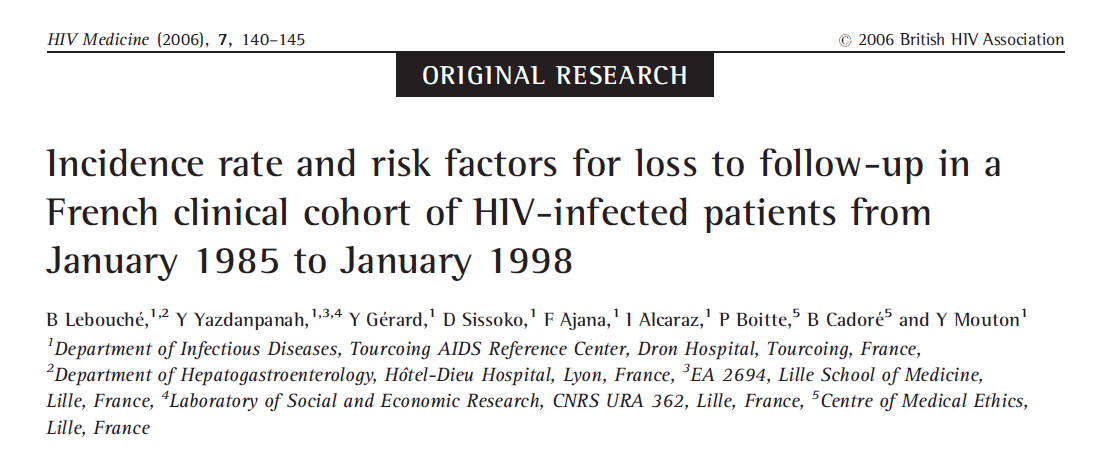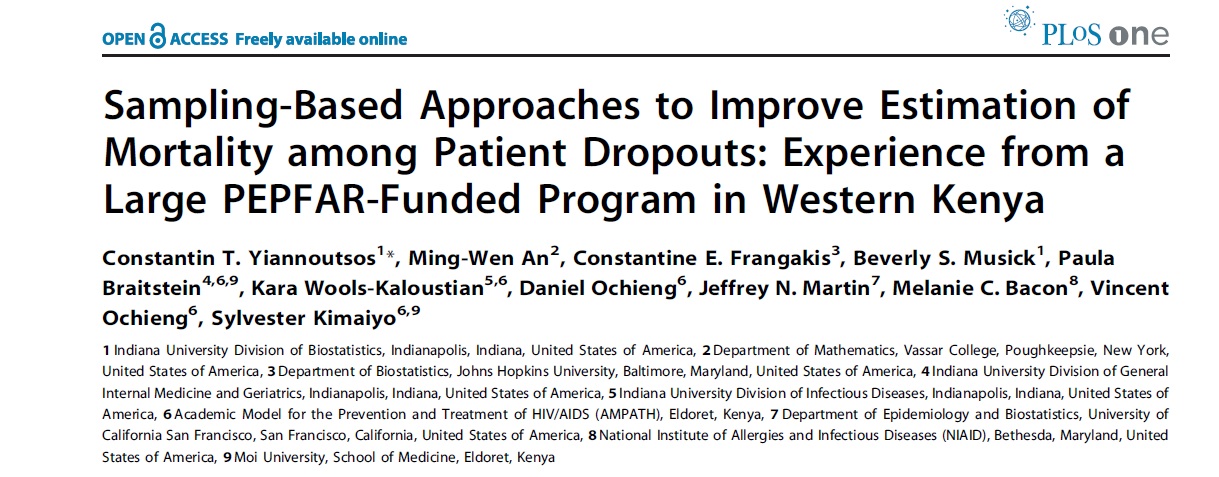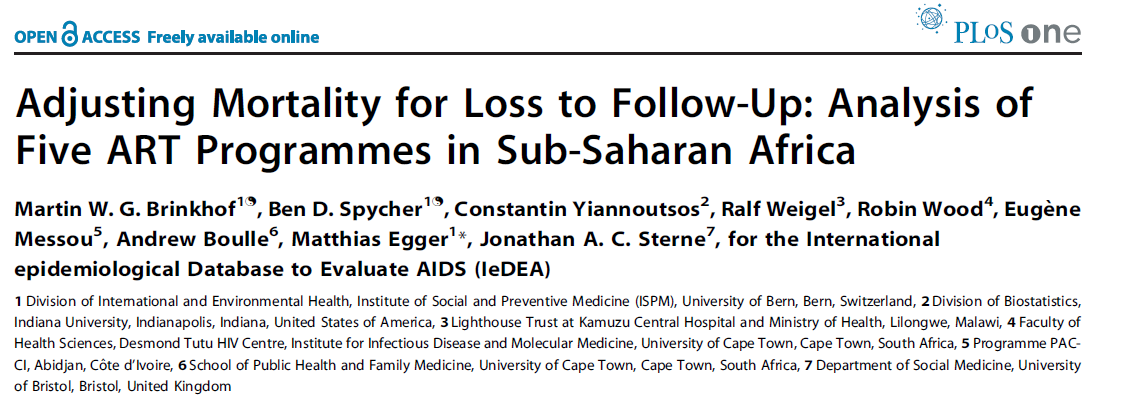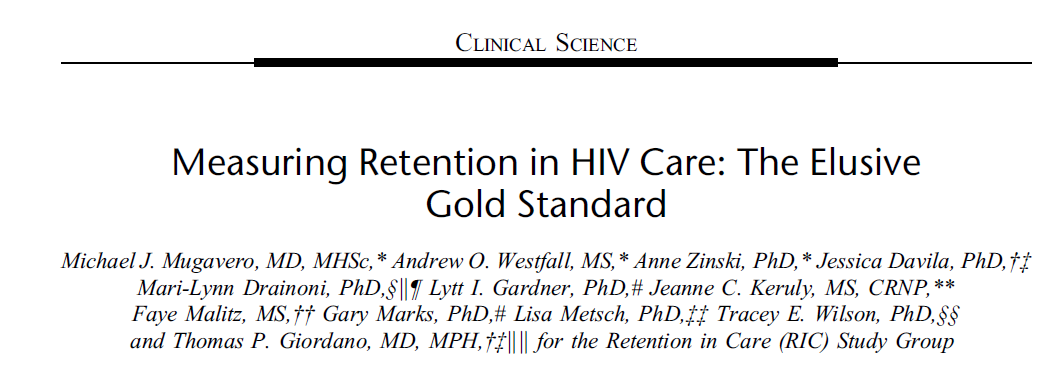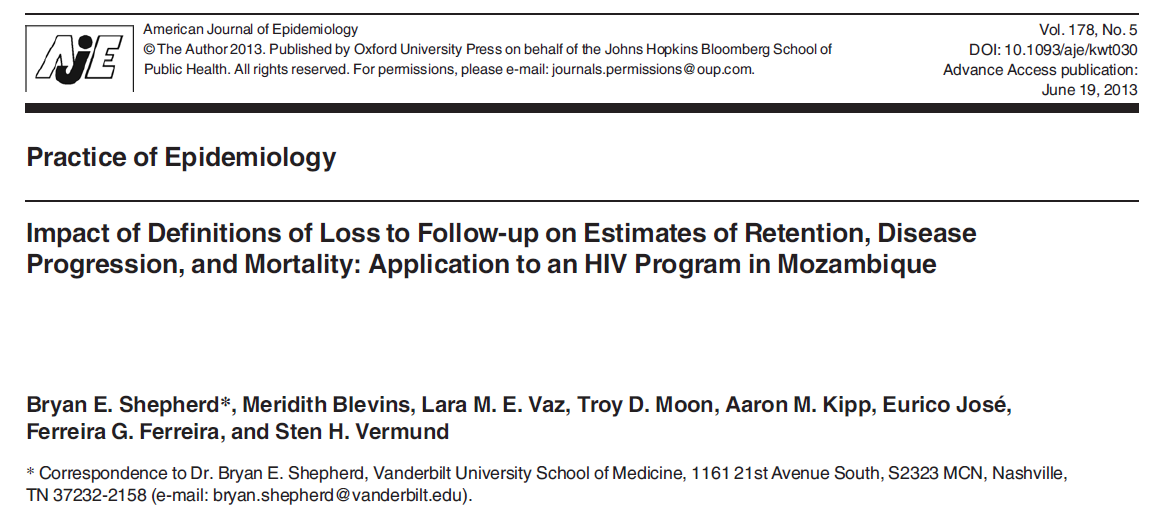Research of a Global Health Metrician
- Statistical Development
- Tool Development
- Statistical Infrastructure Development
Core of my current work. Research on methods to measure different dimensions of health
Short term consulting projects
5 years of HIV monitoring strengthening in Guinea, Mali, Niger and Sierra Leone with Solthis





